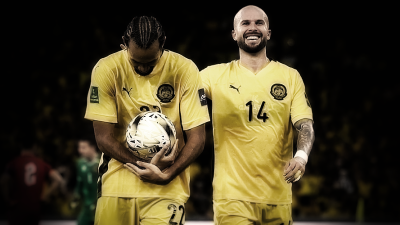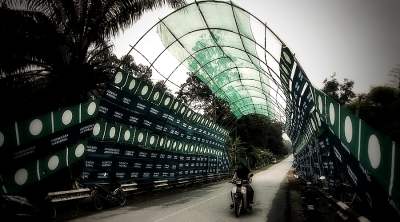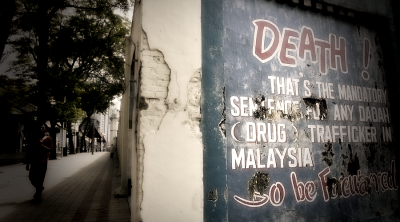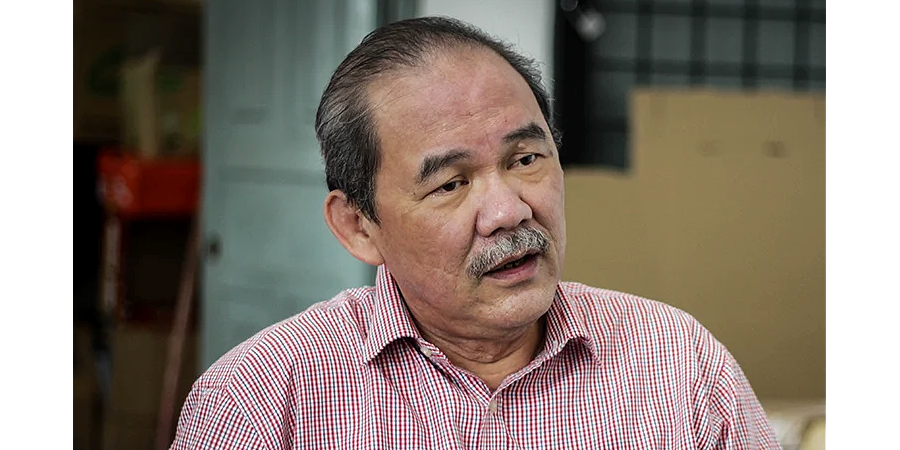
Anwar Ibrahim is keen to serve two terms as prime minister. How did we know? Because he said so himself.
In March this year, the prime minister was quoted in The Star newspaper as saying he would support a proposal to limit Malaysia’s prime ministerial tenure to 10 years.
“There is a proposal, and I agree with it—to cap the prime minister’s tenure at 10 years. I support the limitation,” he said at the DAP’s national congress, and reassured his audience that he had no desire to cling to power indefinitely.
That was March. We are in July. Four months later, new development and unexpected political changes have taken place. Many of the challenges, mostly old but some are fresh, faced by the prime minister are serious indeed.
Anwar should do well by putting on his thinking cap the sooner the better and surround himself with a new group of advisers able to present him with fresh perspective.
Depending on the “same old same old” group, including family members, is no longer an option.
Moving forward from July 26, where the “Turun Anwar” protest took place in Kuala Lumpur, Anwar must urgently reboot his style of leadership and governance.
In many instances, his opaque and inconsistent style has indeed struggled to endear him to the Malay majority—the very group he has gone to great lengths to court since becoming prime minister.
The 25,000 people who turned up at last Saturday’s “Turun Anwar” rally, according to Malaysiakini estimates, were around 95 percent Malay.
The rally organizers, PAS Youth, claimed the turnout was 300,000.
The thing is this—25,000 of your fellow Malays who bothered to turn up in protest against your leadership is bad enough.
If 300,000 had participated, then you should start counting the days towards the end of your political career.
I think that Anwar’s failure to endear himself to the Malay majority stems not from a lack of effort, but from a confused and cautious approach, shaped by political survival rather than bold conviction.
Those of us who have watched Anwar closely could clearly see that he wants to be seen as Islamic, inclusive, reformist and pro-Malay all at once. And he has not been successful on that front. If he has, why the large Malay crowd at the rally?
Until Anwar can communicate tangible economic relief, articulate a clearer Malay narrative, and show firm leadership, the Malay ground will likely remain elusive, even if he governs with the best of intentions.
Despite growing dissatisfaction or opposition against Anwar, the prime minister can still take some comfort that there are also the more ‘sensible’ groups of Malaysians who want him to serve out his five-year term.
In the runup to the “Turun Anwar” protest, there were several viral messages, seemingly well-meaning, which explain why it makes sense to allow Anwar to complete his term as prime minister.
Then, there were also a few similar postings online from notable personalities in Sarawak who also expressed their wish to see Anwar serve out his term till 2027.
I have received such posts and I believe their authors meant well for Anwar.
Sarawak Premier Abang Johari Openg was one of them. He last repeated his call to let Anwar complete his five-year term as prime minister in January.
“Why need to replace him when his term has not ended yet?” the Gabungan Parti Sarawak (GPS) chairman reasoned.
Instead of calls to oust him, Malaysians would do better to demand more transparency, policy urgency and delivery from the current leadership.
I can agree with that, although I have also publicly expressed my dissatisfaction and disappointment with the Madani government.
The argument that Anwar should be allowed to serve out his full five-year term as PM is rooted in the need for political stability, institutional respect and continuity in governance.
Those were the key reasons why I think it makes sense for Anwar to complete his term and not the concerns expressed by certain quarters that there are no suitable candidates for prime minister within the Unity Government; and Anwar stepping down will mean the opposition Perikatan Nasional taking over the helm in Putrajaya.
Anwar is not indispensable, no politician is. There are always candidates available to be prime minister, and I also think it would be a better idea to try out a younger candidate than sticking with the old, tired veterans in the coalition.
Then, the due democratic process must also be respected.
Although the Unity Government was not directly elected as a single bloc, Anwar’s leadership is the outcome of a legitimate political process following a hung parliament.
To push him out prematurely, unless due to grave misconduct or a collapse of majority support, would betray the democratic process.
A healthy democracy must allow its leaders to govern and be judged after completing their term, not halfway through it.
Instead of calls to oust him, Malaysians would do better to demand more transparency, policy urgency and delivery from the current leadership.
Let the next general election, not impatience or power plays, be the time to decide Anwar’s fate.
The prime minister must recognize that his popularity among Malaysians is not currently in his favor, and if he does not concentrate on the reforms he had promised over the next two years, his desire to serve two terms or 10 years as PM is only an illusion.
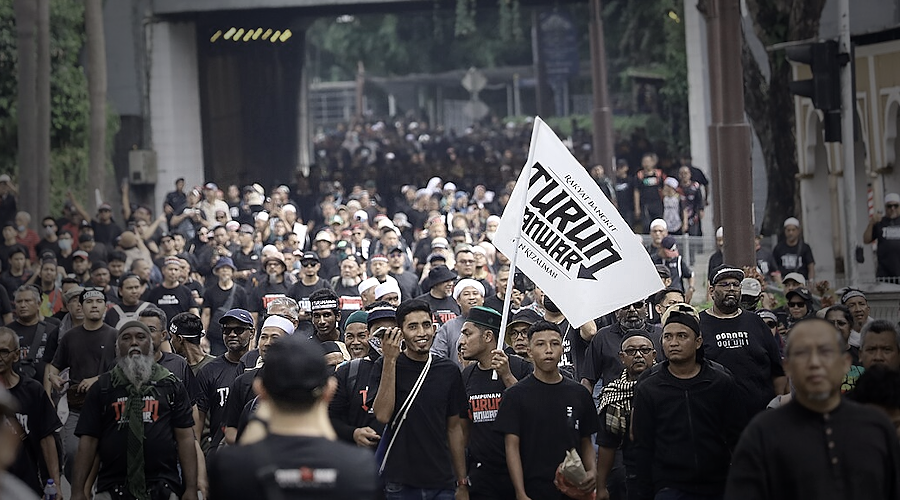
(Francis Paul Siah is a veteran Sarawak editor and currently heads the Movement for Change Sarawak, MoCS. He can be reached at [email protected].)
ADVERTISEMENT
ADVERTISEMENT







